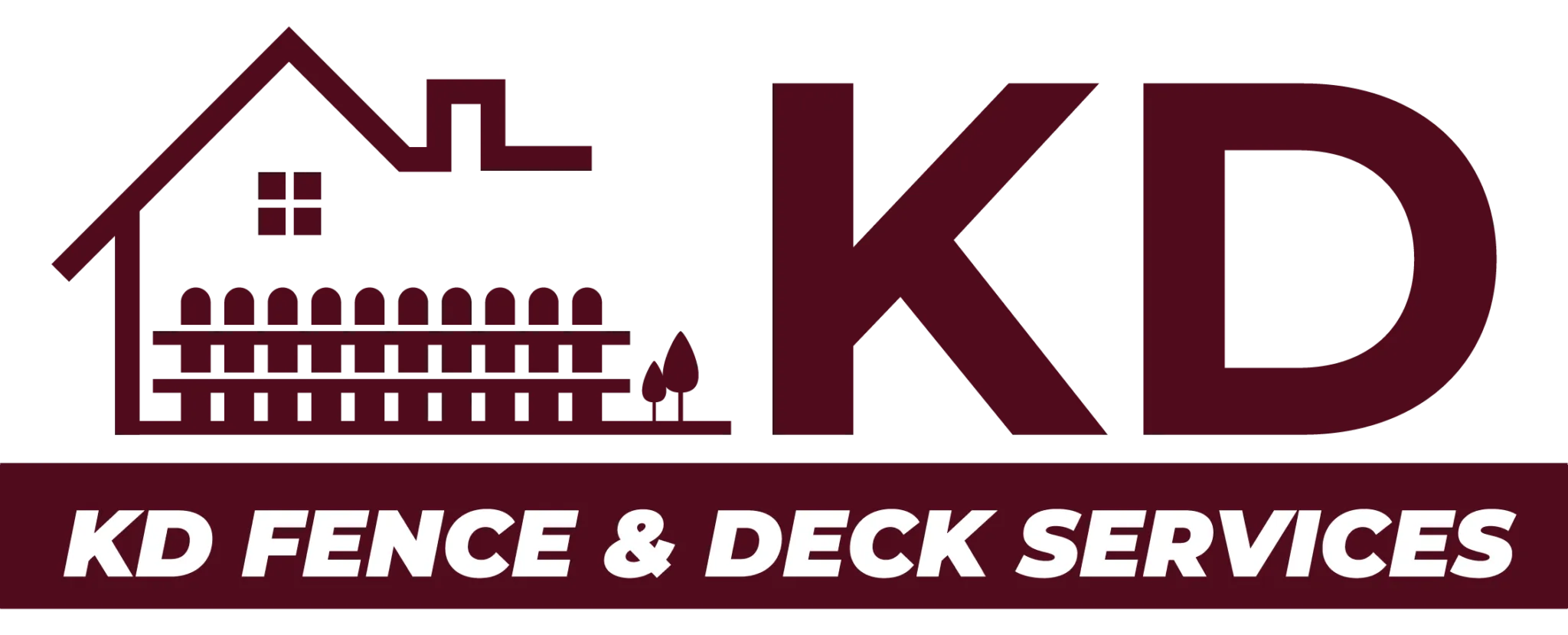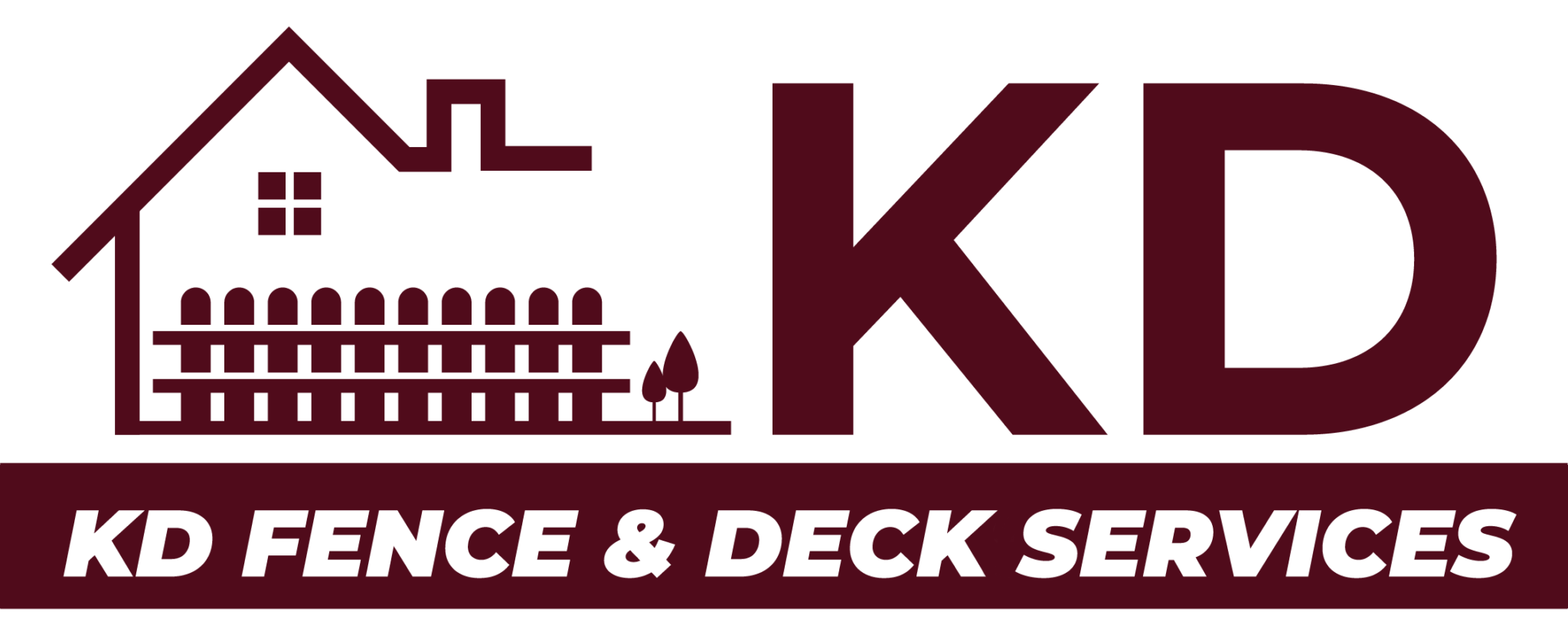Installing a wood fence in Albany, NY might look easy at first. Many homeowners like the classic look and privacy that a wood fence gives. But there are some common wood fencing installation issues that can make this project frustrating if you don’t handle them right. If you want to do it yourself or hire someone, knowing these problems early can save you time, money, and stress.
This article talks about the usual Albany wood fence problems, why they happen, and ways to stop them. We’ll also cover common NY DIY fence mistakes and how local weather and soil conditions like frost heave, wet soil, moving posts, and wood rot from snow can affect how long your fence lasts.
Understanding the Unique Challenges of Wood Fencing in Albany, NY
Albany’s weather plays a big role in how well your wood fence will last. Winters are cold with snow, and the ground freezes and thaws many times. The soil is often wet. These things can make small installation mistakes turn into big problems faster.
Wood is a natural material, so it changes when it gets wet or cold. This can be different from fences made of plastic or metal. The natural look of wood is nice, but you need to plan and install it carefully to handle Albany’s weather.
Common Wood Fencing Installation Issues in Albany
Frost Heave and Its Impact on Fence Posts
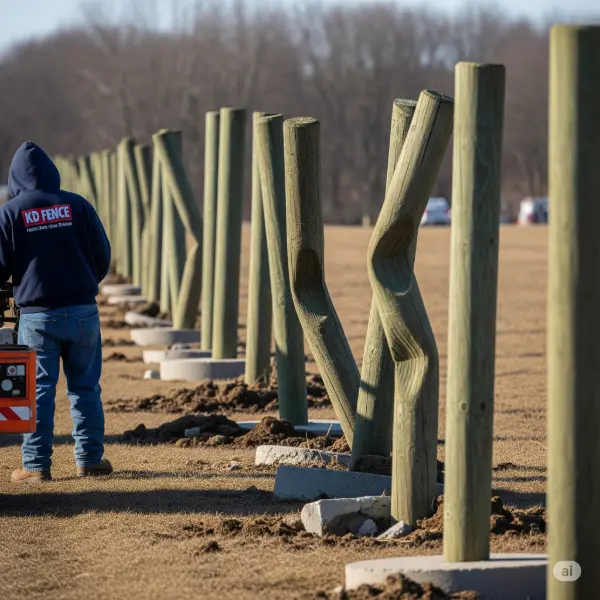
One big problem in Albany is frost heave. This happens when the ground freezes and thaws over and over in winter, making the soil swell and shrink. If your fence post is put straight into the soil without protection, the soil can push the post up or sideways. This makes the fence posts move around.
When posts move, your fence can lean or even fall down. Frost heave is especially bad for wood fences because they need strong posts to hold them up.
How to Avoid It:
- Dig post holes below the frost line. In Albany, this means digging at least 42 inches deep.
- Use concrete to hold the posts firmly.
- Put gravel or crushed stone at the bottom of the hole to help water drain.
Use post sleeves or barriers to protect the posts from moving soil.
Soil Moisture Issues Leading to Wood Rot
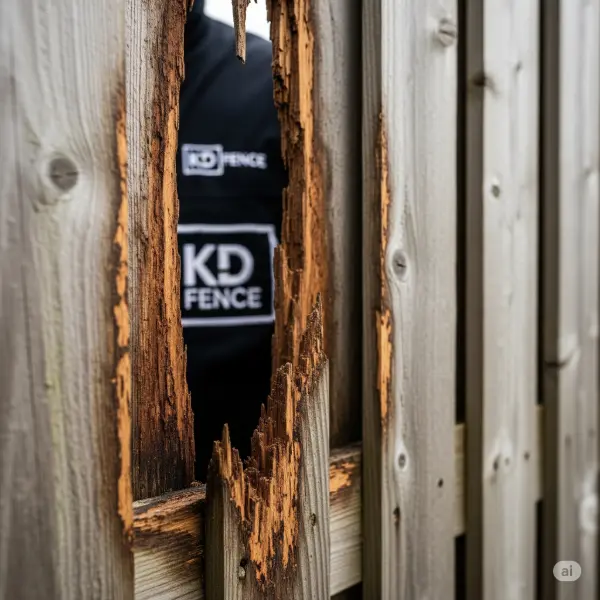
Albany’s soil holds water, especially in spring and during rainy times. When wood fence posts and boards sit in wet soil, they can get wood rot from snow and moisture. This makes the fence look bad and weakens it.
Even pressure-treated wood, which is made to resist water, can rot if it sits in wet soil too long or is not installed right.
How to Avoid It:
- Pick pressure-treated or naturally rot-resistant woods like cedar or redwood.
- Make sure water drains well by filling holes with gravel around the posts.
- Don’t bury fence boards directly in the soil; keep them a little above ground.
Use water-repellent sealants on the wood every year.
Post Shifting Due to Poor Installation
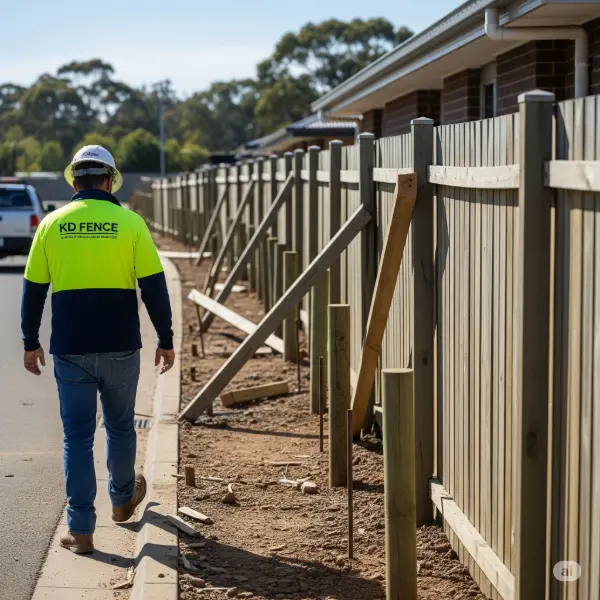
Posts that are not installed well cause many Albany wood fence problems. If posts are not deep enough, not set in concrete, or put in soil that doesn’t drain well, they can shift quickly. This leads to fences that are uneven, have gaps, or are weak, which can break from wind or other impacts.
How to Avoid It:
- Follow local building rules about how deep and far apart posts should be.
- Use concrete to hold posts unless your soil drains very well.
- Check that posts are straight and level before the concrete dries.
Ask a professional if your soil looks difficult to work with.
Common NY DIY Fence Mistakes
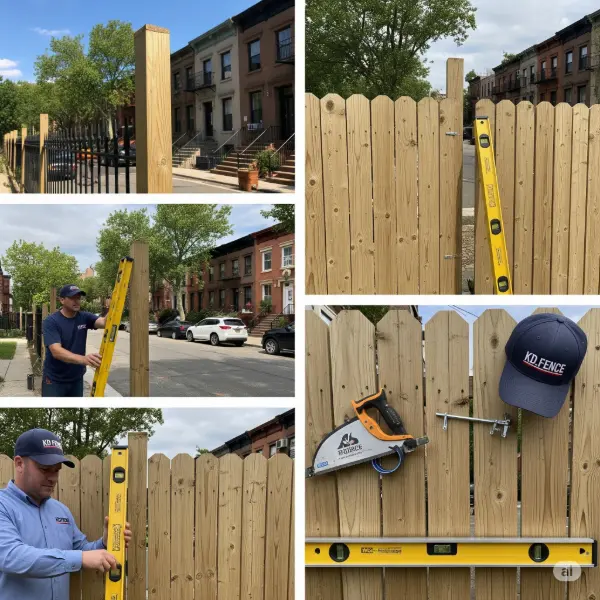
Many Albany homeowners try to build fences themselves to save money, but some mistakes can cost more later:
- Skipping Permit Checks: Albany has rules about fence height, where you can put fences, and how far from property lines. Not getting permits can cause fines or force you to take down the fence.
- Using Untreated Wood: Some people buy cheap untreated wood to save money, but it rots faster.
- Inadequate Post Depth: Posts not deep enough will move, especially in winter.
- Ignoring Drainage: Poor drainage makes moisture stay around posts, causing rot.
- Not Accounting for Soil Conditions: Albany has heavy clay soils that need different installation than sandy or rocky soils.
Knowing these mistakes helps you plan better or know when to hire an expert.
The Importance of Local Regulations
Before you build any fence in Albany, it’s important to learn about local rules. The city and county have rules about fence height, placement, and materials. Following these rules keeps you legal and avoids problems with neighbors.
The New York State Department of Environmental Conservation has helpful guidelines for building in areas with moisture and frost problems that affect fences. You can read their recommendations here: NY DEC Guidelines.
How Professional Installation Can Help
DIY projects are fun, but Albany’s weather and soil can make fence building tricky. Professionals know how to handle frost heave, pick the right wood, and install posts properly to avoid Albany wood fence problems.
They also help with permits and make sure your fence follows all city rules. This expert work can help your fence last longer and save you money on repairs.
Maintenance Tips to Extend Your Wood Fence’s Life in Albany
Even a well-built fence needs care to last in Albany’s climate. Here are some tips to keep your fence strong:
- Inspect for Damage Seasonally
Look at your fence every spring and fall for things like leaning posts, loose boards, or cracks. Fixing small problems early stops bigger damage later. - Clean Off Snow and Debris
Snow can hold moisture on the wood, speeding up wood rot from snow. After heavy snow, gently brush off the snow and don’t pile it against the fence. - Reapply Sealants and Stains
Sealants and stains protect wood from water. Put them on again every 1 to 3 years, depending on the product and weather. This keeps water and sunlight from hurting your fence. - Control Vegetation Around the Fence
Plants and vines hold moisture next to wood, which can cause decay. Keep grass, bushes, and weeds trimmed so air can flow around the fence.
When to Repair vs. Replace
Knowing when to repair or replace parts of your wood fence can help you save money. Small problems like loose boards or a little rot on one post can usually be fixed. But if many posts are shifting or there is a lot of wood rot, the fence’s structure might be damaged and you may need to replace it.
If you see fence panels sagging, leaning, or gaps appearing, it’s best to fix these problems early. Also, fences over 15 years old that were not built with frost or moisture protection are more likely to have issues.
For a step-by-step guide on fixing common problems, check out our blog: Repairing Fence Posts: A Step-by-Step Guide, which gives helpful tips made for wood fencing.
Final Recommendations
Building a wood fence in Albany, NY is more than just nailing boards together. The weather and soil cause special challenges you must plan for during design and installation. From dealing with frost heave and wet soil to stopping post shifting and wood rot from snow, every step matters.
Remember to:
- Follow local building codes and get permits.
- Use strong, treated wood and sealants.
- Set posts below the frost line with solid concrete footings.
- Maintain your fence every year to make it last longer.
Wood fences bring warmth, character, and privacy to your home. With the right planning, your fence can stand strong through Albany’s toughest weather. Knowing these common wood fencing installation issues and how to avoid them protects your investment and keeps your fence looking great for years.
Frequently Asked Questions (FAQ)
The main problems are frost heave causing post shifting, soil moisture leading to wood rot from snow, and bad installation like shallow posts or poor drainage. Fixing these early makes your fence last longer.
- Frost heave happens when freezing and thawing cycles make the soil swell and shrink, pushing posts up or sideways. This can make fences unstable if posts are not set below the frost line.
Common mistakes are skipping permit checks, using untreated wood, setting posts too shallow, and ignoring drainage. These lead to fence problems fast.
Use pressure-treated or naturally rot-resistant wood, apply sealants regularly, and don’t let snow or debris pile against the fence. Good drainage and keeping boards off the ground also help.
If posts keep shifting, there is a lot of rot, or your soil is tough to work with (like heavy clay), it’s best to ask a professional who knows local conditions for long-term solutions.
Looking to upgrade your outdoor space with a wood fence that stands up to Albany’s climate?
At KD Fence & Deck, we specialize in designing and installing durable, stylish, and secure fences made just for you. Serving Albany NY homeowners since 2013, our ACI-certified pros deliver top-quality work you can trust. Check out our Albany NY location page to see all the areas we serve.
Get a Free Quote Today! Call +1 (716) 452-9220 or visit kdfencing.com
